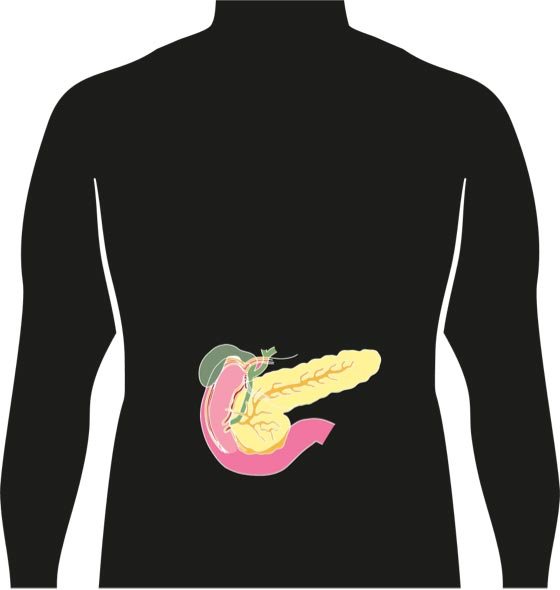There are a number of symptoms to look out for, including:
- Jaundice (when your skin and eyes go yellow)
- changes to the colour of your pee or poo
- pain in the belly or back
- losing weight without meaning to or loss of appetite
- feeling sick (nausea) and vomiting
- feeling really tired
- feeling weak
- feeling a bit confused.
Having these symptoms may not mean you have cancer, but it is important to check.
If you have any of these problems, or are worried about something else, yarn with your doctor, nurse or Aboriginal and/or Torres Strait Islander health worker.






